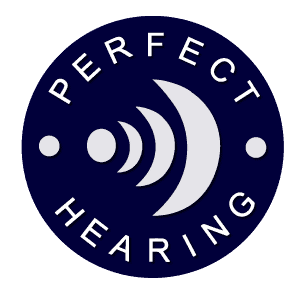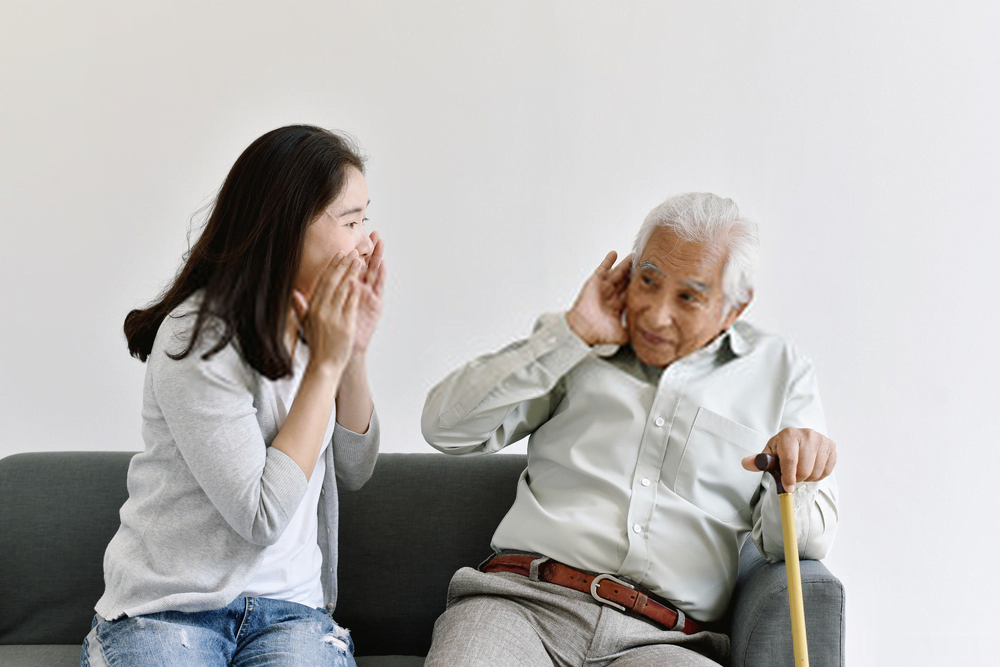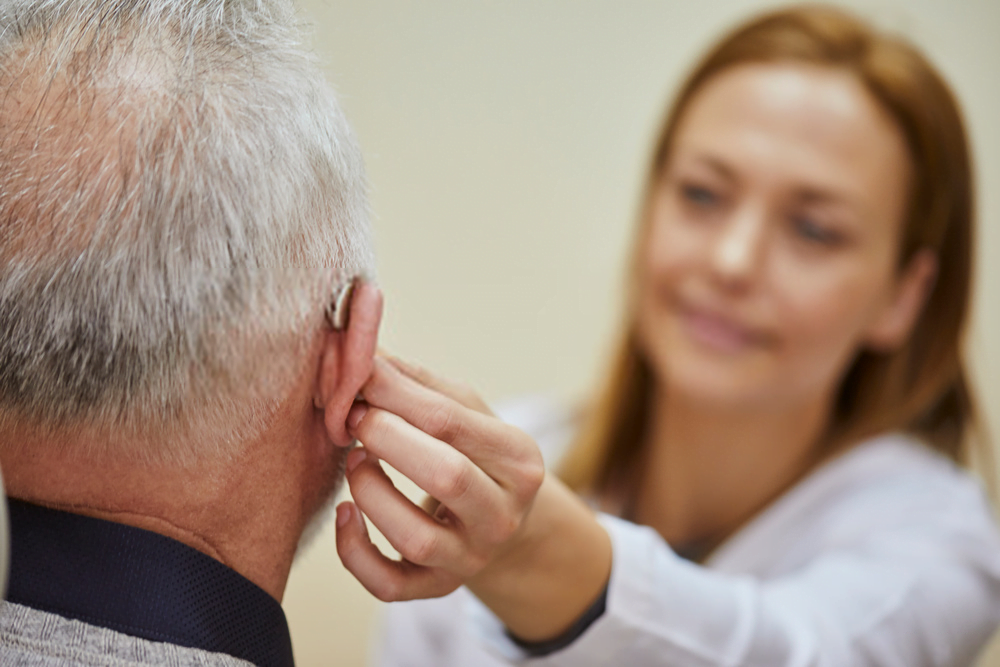A hearing defect is one of the most common complaints of sensory malfunction in older adults. According to research, about 25% of people between the ages of 65 and 75 years old are struggling with hearing loss, and this figure has increased to about 70-80% in individuals around the age of 75 and older. As people live longer, it becomes more important to understand what hearing loss is and adopt the necessary measures to manage it before the condition gets worse. Additionally, managing hearing loss is important to enhance social relationships, cognitive function, and overall wellbeing.
There is no denying that not only hearing loss affects communication with other individuals; it also affects one’s independence, safety, and medical care. In short, hearing loss can reduce the quality of life.
Aural rehabilitation aims to help individuals with hearing loss by providing them with hearing aids. Moreover, to ensure that communication doesn’t become a problem, hearing aids are designed to have a good effect on the social wellbeing of individuals with this defect. Hearing aids also have the ability to enhance the quality of life. In spite of the benefits offered by hearing aids, not all older adults with hearing issues are using them.
Hearing loss can affect a person’s overall wellbeing. According to recent investigations, in treating hearing loss, assessment and traditional audiometric measures are needed. For example, in the year 1998, Bridges and Bentler discovered the difference in life satisfaction and traces of depression in older adults who had no hearing loss, adults who utilized amplification successfully, including adults who stopped the use of hearing assistant.
In fact, oral communication is extremely important for older adults. In the year 1988, the Committee on Hearing, Bioacoustics, and biomechanics suggested a model to tackle the areas that affect oral communication in older adults. Based on this model, age-related changes to a peripheral can create a challenge in oral communication, especially for older adults.
Currently, external hearing assistants are the most common rehabilitation option for older adults who are suffering from age-related hearing disability. Hearing aids are beneficial; they can increase the output sound, and enhance the ability of the hearer to take note of sounds that have been damaged by a hearing disability.
However, as we know, peripheral hearing loss is one amongst the few aspects of age-related hearing loss, and thus, only one of the aspects can lead to the difficulties in initiating oral communication among older adults. This is possibly one of the main reasons why about 30-45% of older adults who use a hearing aid for the first time will stop using it.
As mentioned earlier, aural rehabilitation, which involves the process of identifying hearing loss and offering the best therapy to tackle its effect, is frequently used to manage hearing loss in older adults. The aural rehabilitation therapies may include:
- Hearing aid orientation
- Listening strategies
- Speechreading
- Auditory training
- Unisensory
- Cued speech
- Total communication
- Manual communication
In a Nutshell
The overall population in the world is living longer. In the United States alone, there are more than 9 million people aged 80+ years. According to studies, the worldwide average annual growth rate of the age 80+ population (3.8%) is twice as high as the growth rate of the 60+ age group (1.9%). What is worrisome is that this population has a high incidence of hearing loss, which can lead to insomnia, fatigue, feelings of guilt, lack of concentration, diminished ability to think, and more. Feelings of depression, helplessness, and frustration may follow, adversely impacting the quality of life.
Visit an ENT clinic today to carry out a hearing test on your ears. Aural rehabilitation is usually handled by an ear specialist. These tests are carried out to ascertain the hearing defect and the best aural rehabilitation strategy to adopt. For more information, get in touch with us.



